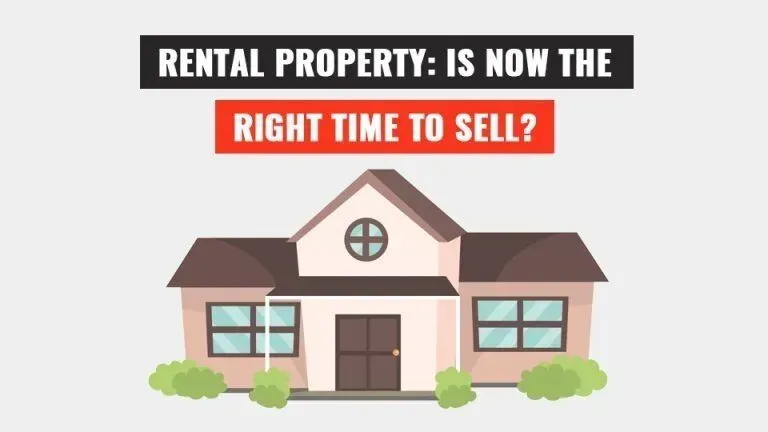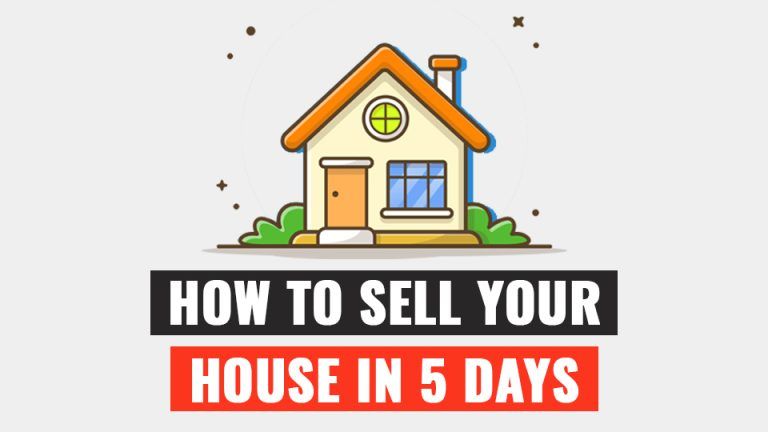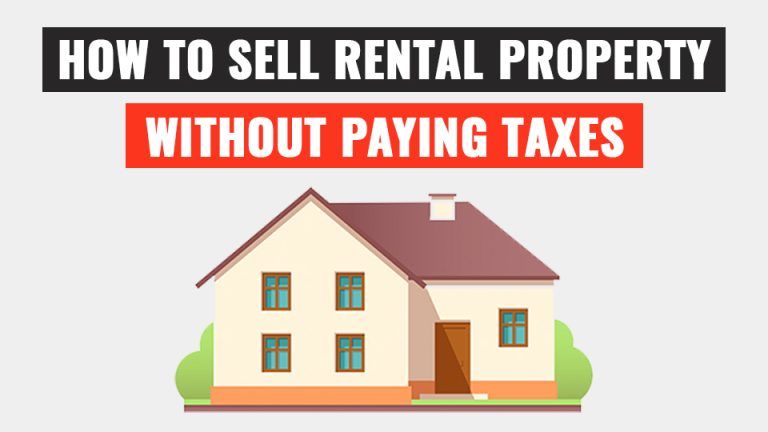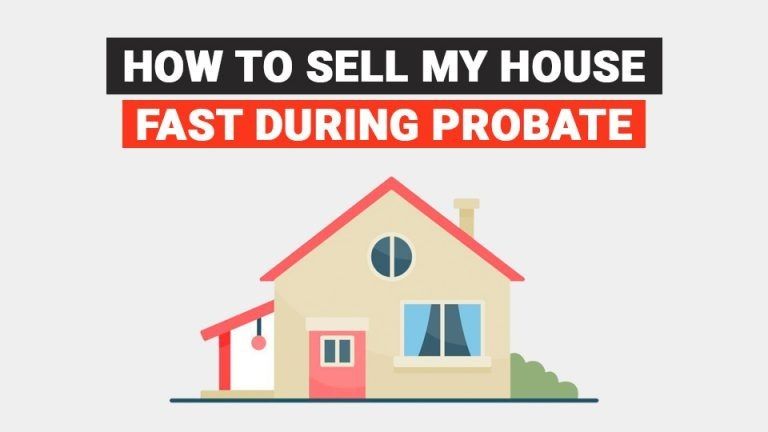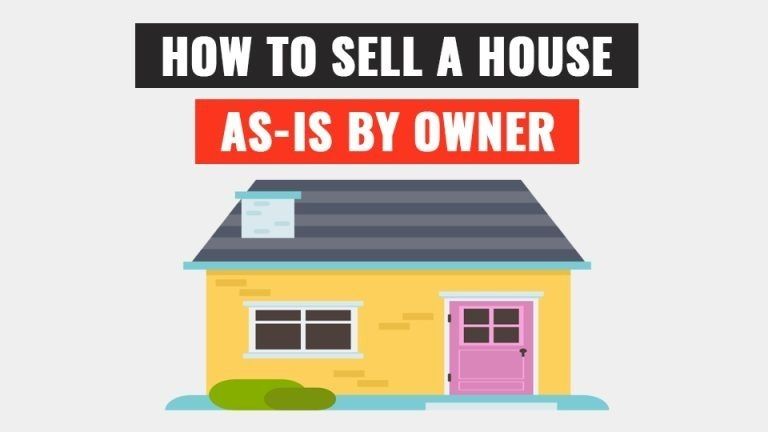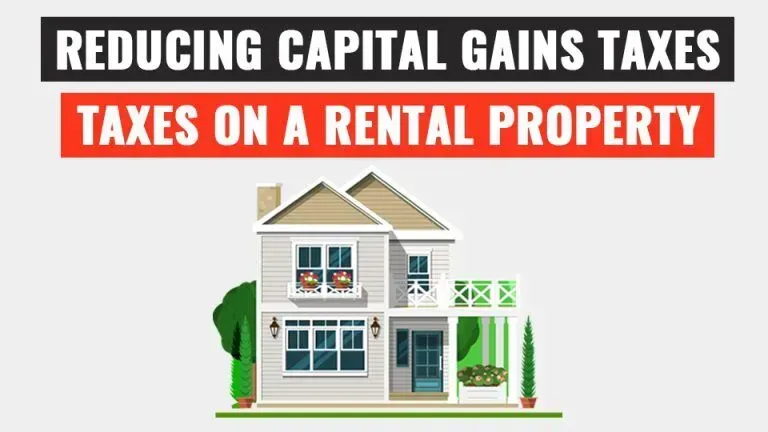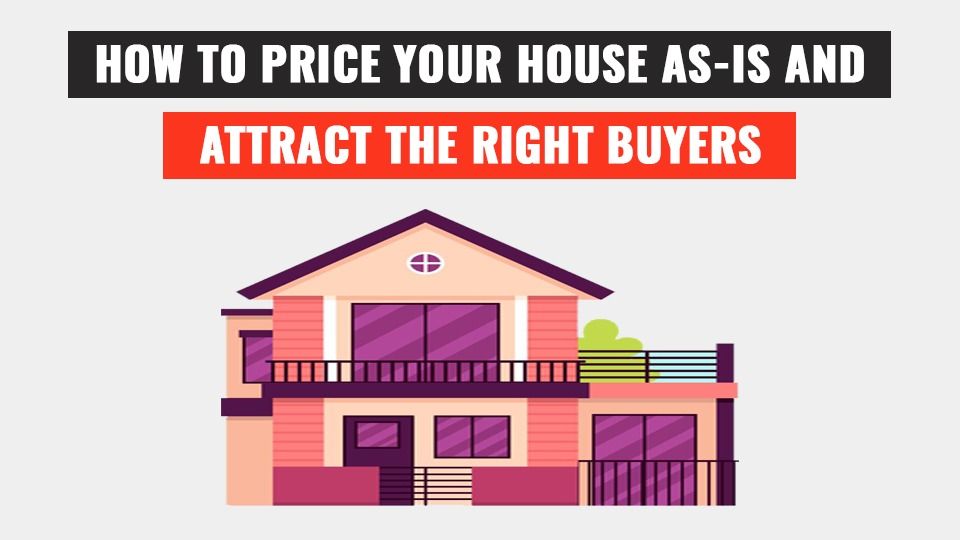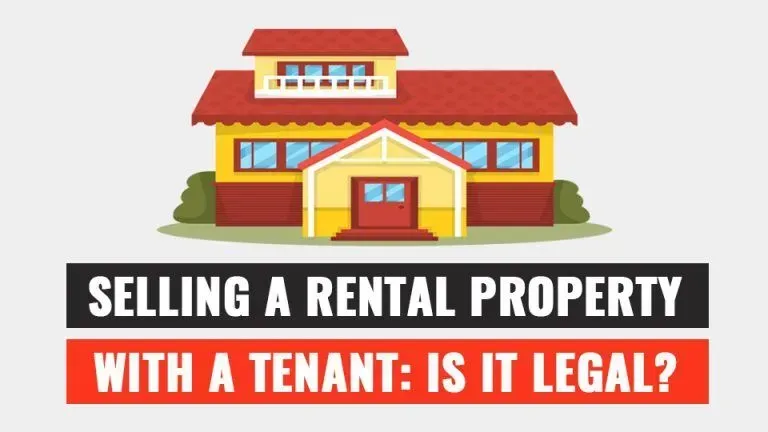
Selling a Rental Property With a Tenant: Is It Legal?
Are you thinking about selling your rental property, but you're not sure what to do about your tenants? You're not alone. Many landlords face this situation and wonder if it's even legal to sell a property with tenants still living there. The good news is that it's usually legal, but there are some important things you need to know.
Selling a rental property with tenants can be tricky. You have to balance your rights as a property owner with the rights of your tenants. It's important to understand the laws and rules that apply to this situation. In this guide, we'll walk you through what you need to know about selling a rental property with tenants, including your obligations, the tenants' rights, and some tips to make the process smoother for everyone involved.
Tenant rights are rules that protect people who rent homes or apartments. These rights vary depending on where you live, but they generally cover things like safe living conditions, privacy, and fair treatment. When it comes to selling a rental property, tenant rights become especially important.
One of the main rights tenants have is the right to stay in the property until their lease ends. This means that even if you sell the property, the new owner usually has to honor the existing lease. For example, if your tenants have a fixed-term lease for one year, they generally have the right to stay for that full year, even if the property changes hands.
During a rental property sale, tenants also have the right to privacy. This means you can't just show up whenever you want to show the property to potential buyers. You usually need to give your tenants notice before entering the property, often 24 hours in advance. Some places have laws that limit how often you can show the property or what times of day you can do showings.
What Are My Obligations to the Tenant When Selling My Rental Property?
What Is the Process of Selling a Rental Property with Tenants?
What Are Tenant Rights?
As a landlord selling a rental property, you have several obligations to your tenants. First and foremost, you need to follow the terms of the lease agreement. If the lease doesn't have an early termination clause, you can't force the tenants to move out just because you want to sell.
You also have to maintain the property in a livable condition throughout the selling process. This means continuing to make necessary repairs and addressing any issues that come up. You can't neglect the property just because you're planning to sell it.
Another important obligation is to communicate clearly with your tenants about the sale. While you don't have to tell them every detail, it's generally a good idea to let them know that you're planning to sell. This can help avoid misunderstandings and make the process smoother for everyone.
Legal Considerations When Selling a Rental Property
There are specific laws that govern the sale of rental property with tenants. These laws can vary depending on where you live, but there are some common themes. For example, many places have laws that protect tenants from being evicted just because the property is being sold.
In most cases, you can't evict a tenant simply because you want to sell the property. If the tenant has a fixed-term lease, they usually have the right to stay until the end of that lease term. Even with month-to-month leases, you typically need to give proper notice before ending the tenancy.
Some areas have additional protections for tenants. For instance, some cities have "just cause" eviction laws, which means you can only evict tenants for specific reasons, like not paying rent or violating the lease terms. Selling the property isn't usually considered a "just cause" for eviction.
Here's a general outline of the process for selling a rental property with tenants:
- Review the lease agreement: Start by looking at the current lease. This will tell you what rights the tenants have and what your obligations are.
- Inform the tenants: Let your tenants know that you're planning to sell. Be clear about what this means for them and answer any questions they might have.
- Prepare the property for sale: This might include making repairs or improvements. Remember to respect your tenants' rights to privacy and quiet enjoyment of the property during this process.
- Show the property: Work with your tenants to set up times for showings. Remember to give proper notice before each showing.
- Close the sale: Once you have a buyer, make sure to transfer all relevant information about the tenants to the new owner, including the lease agreement and security deposit.
Things to Consider When Selling a Rental With a Tenant
Lease Agreement
The lease agreement is crucial when selling a rental property. If there's a fixed-term lease in place, the new owner will usually have to honor it. This means the tenants can stay until the end of the lease term. If it's a month-to-month lease, it might be easier to end the tenancy, but you'll still need to follow proper procedures and give adequate notice.
Covering Tenant Moving Expenses
Sometimes, landlords offer to cover moving expenses as an incentive for tenants to move out early. This can be a good option if you want to sell the property without tenants. However, make sure any agreement like this is in writing and follows all applicable laws.
Security Deposits and Rent Payments
You'll need to handle security deposits and rent payments carefully during the sale. Usually, you'll transfer the security deposit to the new owner at closing. Make sure to document this transfer clearly to avoid any confusion or legal issues later.
Agree on a Moving Timeline with the Tenant
If the tenants will be moving out, try to agree on a timeline that works for everyone. This can help ensure a smooth transition and avoid potential conflicts. Remember to put any agreements in writing.
Cash Home Sale: The Fastest Way to Sell Your Rental House
A cash home sale is when you sell your property directly to a buyer who has the cash to purchase it outright, without needing a mortgage. This can be an individual investor, a real estate investment company, or a "We Buy Houses" type of business.
For landlords, cash home sales can have several benefits. First, they're usually much faster than traditional sales. You can often close the deal in a matter of days or weeks, rather than months. This can be especially helpful if you're dealing with problem tenants or if you need to sell quickly for financial reasons.
Cash buyers are also often willing to purchase properties "as-is," meaning you don't have to make repairs or improvements before selling. This can save you time and money. Additionally, many cash buyers are willing to purchase properties with tenants still living there, which can simplify the selling process for you.
Sell Your Home Fast for Cash
If you need to sell your house fast but don’t want the hassle of a traditional home sale, contact Local Guy Buys Houses. We buy houses as-is. No repairs are needed. Avoid closing costs and realtor commissions. Close in as little as seven days. Call 805-205-5999 to get a fast cash offer from our local home buyers.
Get Your Fair & Honest All-Cash Offer Today! No Obligations!
We will get back to you as soon as possible.
Please try again later.
By submitting this form, you agree to our Conditions of Use and Privacy Policy. You may receive both automated and personal text messages. Reply STOP at anytime to opt-out.
Or Call Us Now At 855-205-5999



